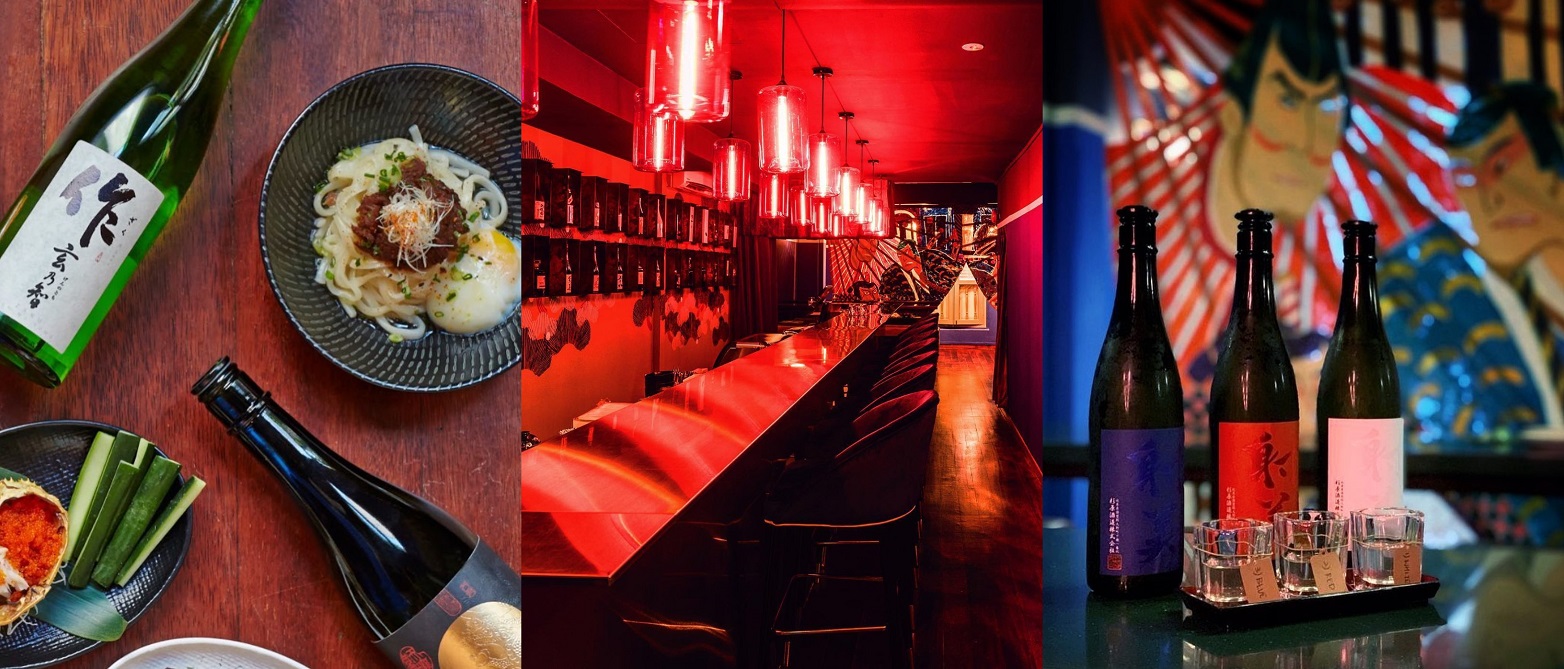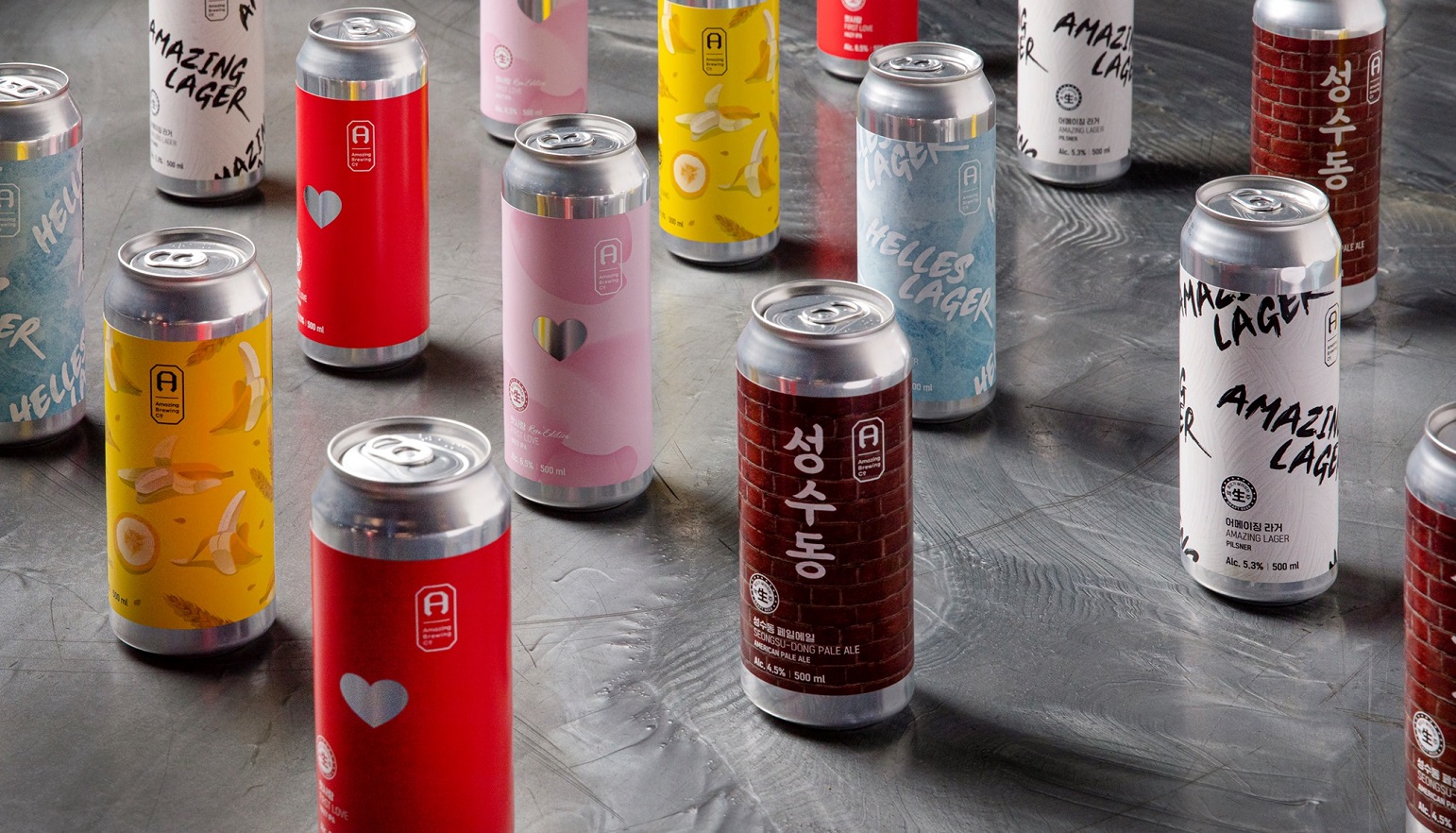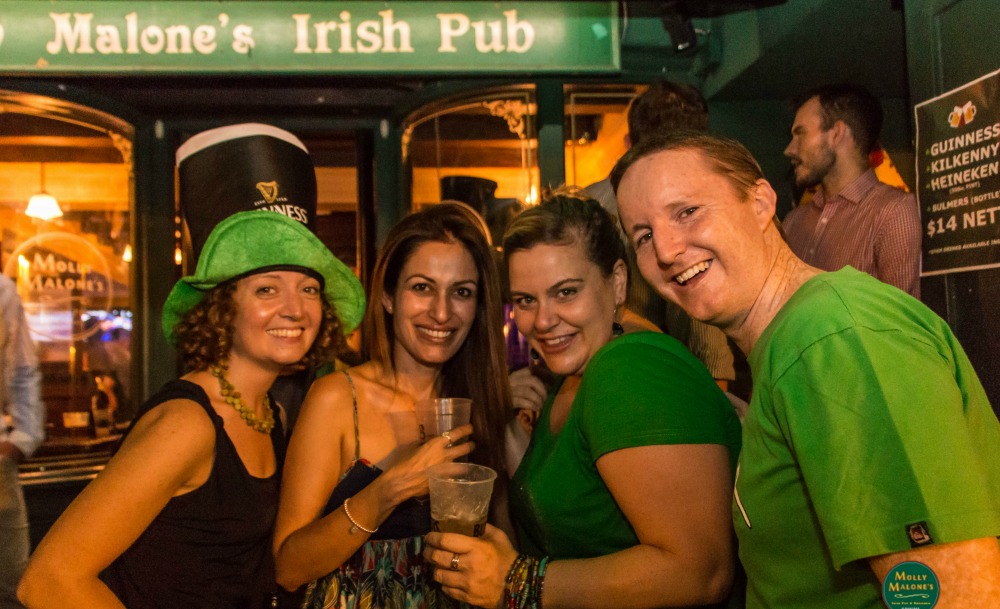In November 2017, an LGBT-friendly club opened in Singapore. Taking over the space of Cherry Discotheque at York Hotel was Peaches Club, an all-inclusive nightspot that was an amiable joint venture between the people behind Cherry, and defunct gay club Play. Peaches organised weekly drag shows, spun Top 40s, and welcomed young and old, gay and straight alike.
At the time, there was only one permanent LGBT-focused club in Singapore. Established since the ‘90s, Taboo had grown to become an institution in Tanjong Pagar, with its weekly parties for the local LGBT community. Play, which was opened in 2007, had been a vibrant addition to the scene, but sadly closed in 2014 due to rising rental costs. For three years, Singapore’s gay community had only Taboo to frequent for clubbing; the arrival of Peaches had been a blessing.
For a while it seemed that the local alternative nightlife scene was back on track. Sometime in April 2018 there had been a minor hiccup, with Peaches moving from its York Hotel location to a seedy corner at the basement of Concorde Hotel. Numbers fell, but by and large, the club’s fan base followed it to Somerset. Then all of a sudden, the club announced its closure on Oct 31—days after what would become its last day of operations on Oct 27.
It came as a rude shock for many; but even more were unsurprised. Bartenders at the club had said bar sales were average throughout its brief run, despite its popularity in numbers; history had also proven that gay clubs in Singapore don’t last long. Play had a good seven-year run, a feat in the industry; its predecessor Happy ran for even less from 2004 to 2006. For Peaches co-founder and head resident DJ Isaac Chan (DJ Zack C), 30, the club’s closure had been a long time coming—but for entirely different reasons.
Cherry pit(falls)
Chan had been with Play since 2007, wearing various hats in marketing, promoting and even DJ-ing. When it closed in 2014, the shareholders dissolved the company but offered the name in good will to the remaining employees (Chan included), to start doing one-off parties under the Play name. In Nov 2017, Cherry Discotheque’s parent management approached him with a party idea and a suggestion—to join forces and open an LGBT-focused Club, in place of Cherry.
Within a month, Peaches was opened with little change to decor, the only difference being a neon peach signboard replacing the previous neon cherry that hung in the doorway of the club. Wanting a departure from the circuit music and deep-house of Taboo, Chan set in place a playlist of Top 40s and EDM—“Essentially Zouk music that guys can make out to and not feel ashamed of,” he said.
From November to April of 2018, the parties ran on at York Hotel, but trouble was bubbling beneath the surface.
“In York Hotel, Peaches did fantastic,” said Chan. “The only thing that was disappointing was the lack of transparency in the tenancy agreement—I was not informed that we were taking over their existing tenancy agreement. When we started in November 2017, the initial understanding was that we’d be there for a year. Turns out we were just finishing up the remaining tenancy agreement, which was until April.”
A timeline of Play (ad)ventures:
Sep 2016: Cherry Discotheque opened at York Hotel
Oct 2017: Cherry Discotheque held its last party
Nov 2017: Peaches Club (a partnership between Cherry and Play) opened at York Hotel, replacing Cherry Discotheque
Apr 2018: The York Hotel lease ended, and Peaches moved to Concorde Hotel
Oct 31, 2018: Peaches announced its permanent closure
He was only informed about the need to look for a new location in February this year. According to Chan, the management did try to ask for a new tenancy agreement, as well as for a renewal of the Public Entertainment license with the authorities. However, the Peaches team was told that the landlord didn’t want to renew the lease, likely due to “the discrepancy from Cherry’s and Peaches’ crowd“.
“And I think it’s fine, maybe they’re conservative,” shrugged Chan. “But for me I didn’t like the idea of moving to Concorde Hotel—it was a coffin, it was a triangular coffin in an awkward location. Granted we could run until 6am instead of 3am, which was York Hotel’s licensing issue; granted we had backdrops and better air conditioning, but this was where everything started to decline severely.”
New place, new problems
Over at Concorde Hotel, Peaches Club ran as a two-team show. The original Peaches team carried on normally with marketing and entertainment duties, but operations was manned by the Thai disco next door. It turned out to be an awkward arrangement.
“The place that Peaches took over was a club that wasn’t operating for months due to some issues with licensing,” he said. “From lack of maintenance, an odd smell developed over the months it wasn’t operating.”
“I kept on harping at them to clear it; they said yes they’d do it. Three to four months passed, and the smell got worse and worse.”
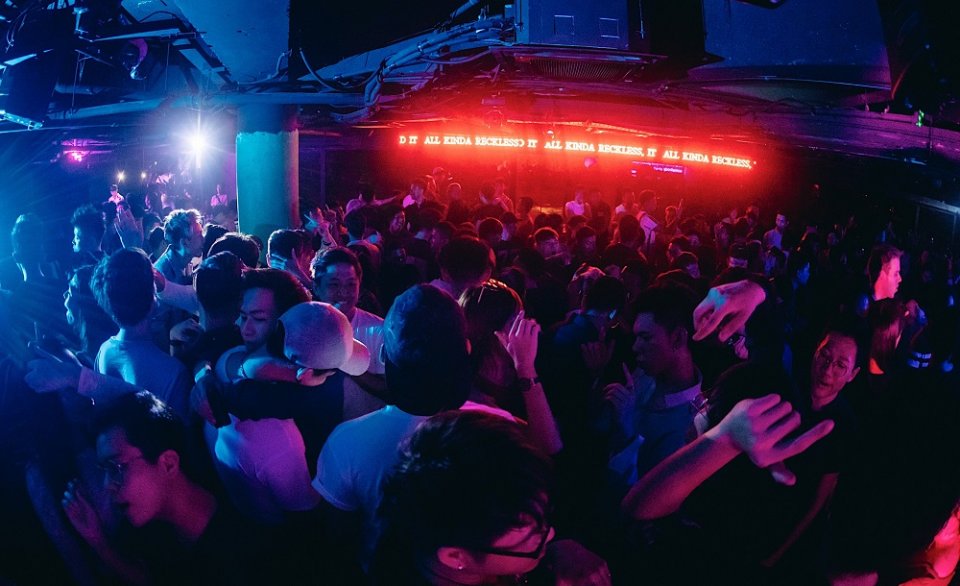
Peaches at Concorde Hotel. Photo credit: Colossal Photos
Even when the club organised the successful inaugural edition of Drag Wars, a RuPaul’s Drag Race-style competition for local amateur drag queens, nothing was done about the smell. Customers and long-time patrons started coming up to complain.
Soon enough, the 30-year-old club creative couldn’t take it anymore. Having fronted the brand for close to a year, he refused to have his image tarnished by operational issues. He tendered his resignation with Peaches in August, and left with his marketing team and drag queens in tow.
Numbers fell instantly. According to Chan, from an average of 300 partygoers a night back at York Hotel, they fell steadily to 250; then 120. After he left, there were nights when only less than 30 people showed up.
“We had people going in and leaving straightaway,” observed Chan, who went back a few times after his resignation. “The staff made them pay for cover—they went in, they came out looking pissed and threw the cover ticket back at my boys; and then they left.” The club struggled for two more months before officially shuttering in November.
When asked if he felt like he abandoned his own passion project, Chan said: “I made it very clear that I only abandoned it because I felt like I was on the short end of the stick. I kept my part—I kept on persuading my PR boys to get people to come down every night; I got my drag queens to pull their friends down, even though it wasn’t up to par in terms of venue management.”
“So abandoning it no; choosing to leave yeah.”
Post-Peaches

One year on, it seems almost as if the scene is back to square one. With Taboo back to being the only gay club in Singapore, there is admittedly one less safe space in Singapore for the gay community—both to party at and to feel at home.
“I think the LGBT community has suffered a big loss, because there’s one less avenue for drag performers to perform on a weekly basis,” said Chan. “(Peaches) was my home, it was my resident drag queens’ home; we established and grew a house there, the Haus of Gemini.”
Peaches’ resident drag queens, including Haus Mother Gina Gemini, are now on hiatus; but hope to be back performing elsewhere soon. Chan too has moved on to new beginnings. A little after his departure from Peaches, he was unceremoniously removed from all access to Play’s management, and given a curt answer as explanation. “It’s a shame, Play was something I grew up with and worked on, and continued its legacy after its closure of its physical premises,” said Chan.
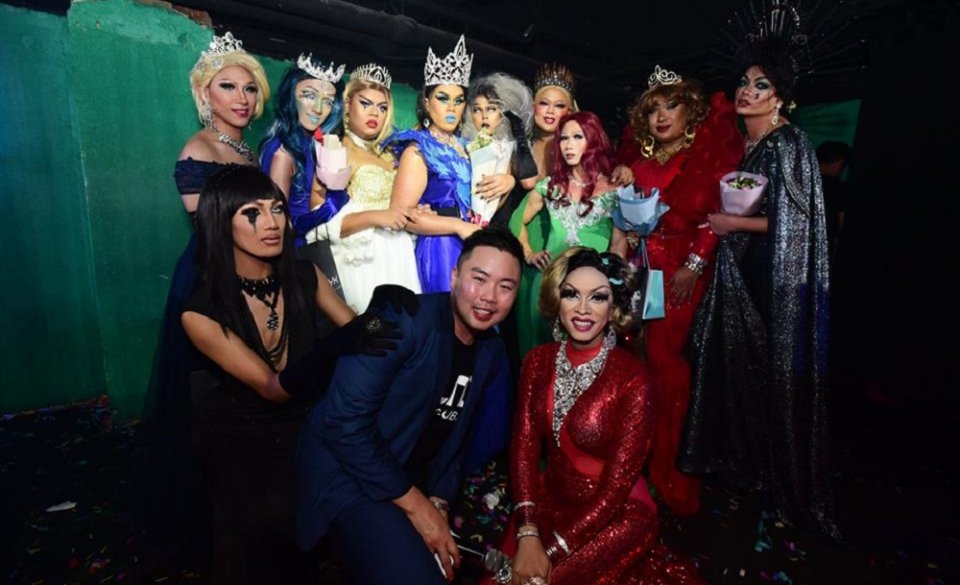
Chan and the contestants of the inaugural Drag Wars
He is now with Hypertainment, another Singapore-based, LGBT-focused party promotor, and has been tasked to organise all-new weekly parties at 1-Group’s Monti, starting end-December.
The party series, which has yet to be announced, will run from 11pm to 4am on Saturdays—a coveted spot in the nightlife industry. “The straight club scene is saturated,” said Chan. “I’ve been approached by other straight clubs to do Gay Nights, but they’re only giving us Thursdays and Sundays, so what’s the point? It’s all about timing.”
He’s also been pointing Peaches fans in the direction of Taboo, as well as monthly pop-up parties by Yum Yum Disco Dong, Mismatch and RIOT! By Becca D’Bus. All big names in the queer party scene, the organisers regularly feature drag queens in their shows.
“So I think the young gays will still have places to go lah,” said Chan. “Are people surprised Peaches closed? No. They were surprised I was leaving; they weren’t surprised that Peaches closed after.”
“See, the joy of gay clubs is we’re very community-driven. Singapore already has some anti-LGBT stances; so when you go to a gay bar you want to feel included, you want to feel familiar with people. When Peaches removed the familiar faces like me and all the other PR boys and queens, it just becomes a shell; and I felt people didn’t appreciate that.”

With his personal brand safely in check, Chan admitted that he has considered opening his own club—but not now, due to unsustainable rental costs in Tanjong Pagar. With the current government plans to rezone the area and its shophouses as a heritage site, prices and regulations are getting tighter.
After checking out spaces historically occupied by clubs, Chan thinks it will be another three to four years before he dares embark on his dream. “When you have low rent, then the worry about generating revenue or at least breaking even is lesser; that’s when you can have more creativity in your marketing, more allowance in your performers,” he said.
And when asked if he would ever open one outside the buzzing Tanjong Pagar district, he replied, almost wearily amused: “It has to be in Tanjong Pagar; that’s the heart of the gay community.”


